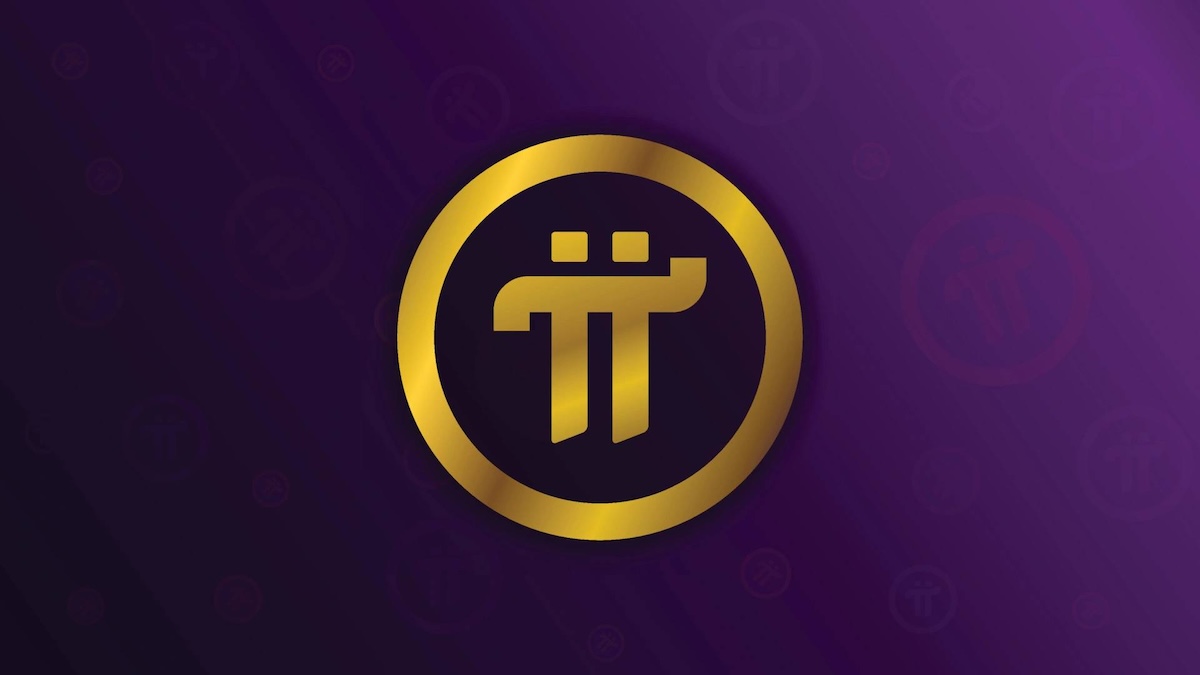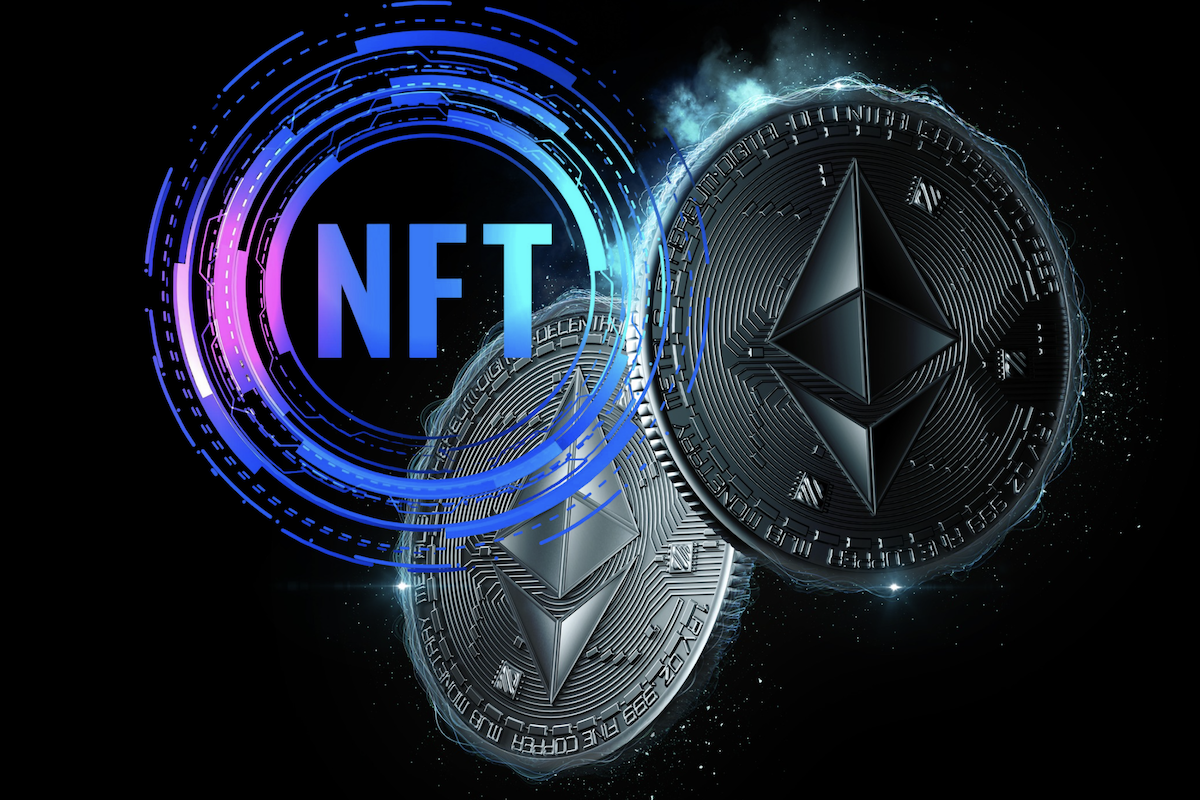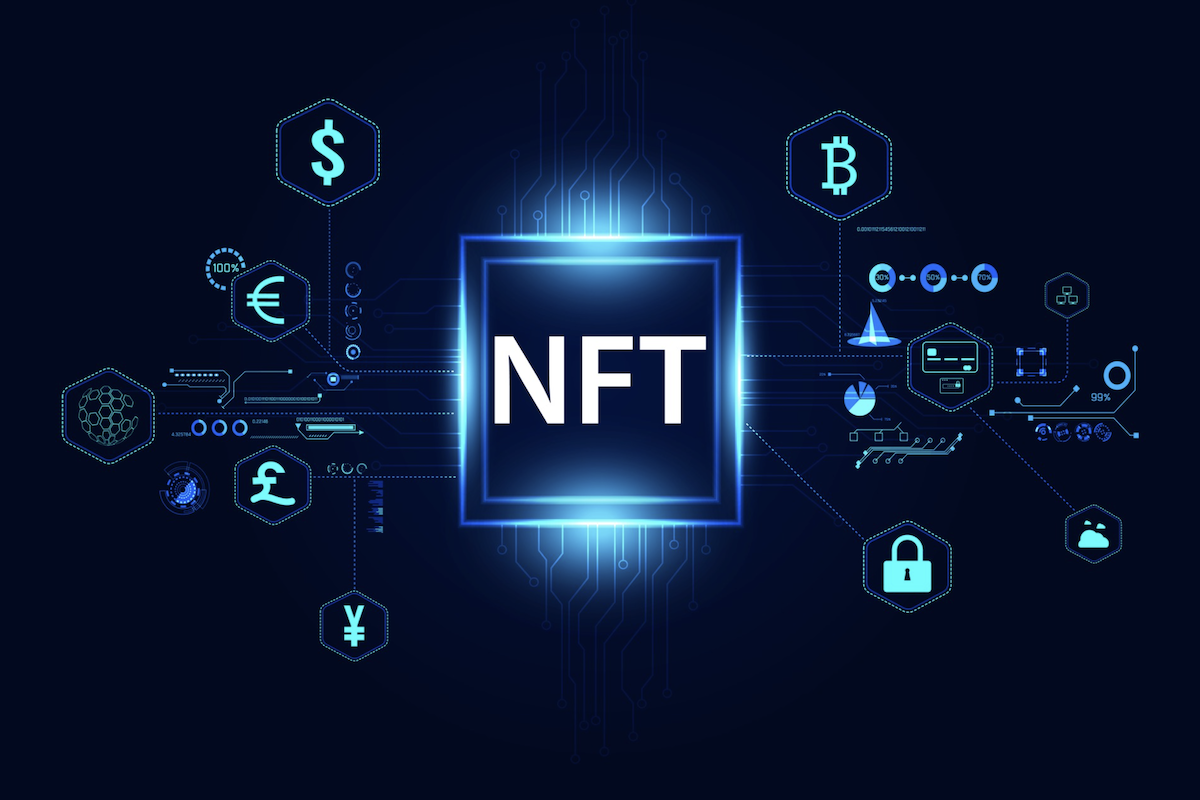Pi Coin Breakout: Why Pi Network Is Surging and What’s Coming Next for 2026
Explore Pi Coin’s 2025 surge, Pi Network updates, gaming utility, and expert price forecasts through 2030 in this complete guide.

Pi Coin has captured fresh attention across digital-asset circles in late 2025. A 20% climb over the past month, rising volume, and excitement around Pi Network’s November 28 announcement have pushed the project back into the spotlight. While market cycles shift constantly, Pi’s mobile-first mining approach, gaming integrations, and compliance-first strategy make it one of the most unusual and widely discussed crypto ecosystems today. This guide breaks down everything you need to understand Pi Coin’s current position, price drivers, upcoming milestones, and long-term outlook—based on data, expert analysis, and hands-on experience researching the project since its earliest phases.
What Is Pi Coin? A Quick Overview
Pi Coin is the native asset of Pi Network, a mobile-first project founded in 2019 by Stanford PhDs Nicolas Kokkalis and Chengdiao Fan. The team set out to make digital currency accessible through a smartphone instead of specialized mining hardware. That decision helped the network attract more than 60 million users and millions of people completing identity checks (KYC).
While Pi started as a simple “tap to mine” experiment, it has expanded into a broader ecosystem with real-world payment apps, social functions, marketplace tools, a developing DeFi stack, and now gaming integrations. The token is currently in a transitional phase as Pi moves from its “enclosed” mainnet to wider circulation.
The Latest Pi Coin Price Surge in November 2025
The current market action has surprised many analysts. Pi Coin traded around $0.2523 on November 27, 2025, up more than 6% in 24 hours and roughly 20% over 30 days—a performance that stands out during a month when Bitcoin and Ethereum corrected sharply.
Why Pi Coin Moved Higher
Several catalysts fueled the rally:
A major whale accumulated 2.4 million PI in one week.
Pi Network teased a “major surprise” for November 28.
Pi’s partnership with CiDi Games triggered strong community enthusiasm.
Exchange-side speculation increased, including rumored alignment with OKX.
Trading volume jumped more than 1,000%, reaching levels not seen since May.
Rather than a single spark, momentum built as Pi’s community highlighted regulatory progress, ecosystem upgrades, and broader utility development.
Technical Snapshot: Key Market Indicators
Many traders focus on Pi’s chart because the token has shown surprising strength even while most cryptocurrencies moved lower.
Short-Term Structure
Broke above the $0.25 psychological barrier
Formed a bullish descending triangle breakout
RSI fluctuates between 49 and 60, signaling neutral-to-bullish pressure
20-EMA supports price on 8-hour timeframes
Support and Resistance Levels
Support | $0.222–$0.225 | Must hold to avoid retrace toward October lows ($0.172) |
Resistance | $0.261–$0.300 | Break could push toward $0.50 in Q1 2026 |
All-Time High | $3.00 | Reached in Feb 2025 before a long correction |
The technical setup now aligns with key project milestones, which makes fundamental analysis more important than ever.
Pi Network’s Big November 28 Announcement
Pi Network has hinted for months that its late-November update will mark a shift into a broader distribution phase. The community links this timing to open mainnet expansion, exchange listings, and the rollout of new tools that support apps built on Pi’s infrastructure.
What the Core Team Teased
The team posted that gaming fits the Pi ecosystem perfectly and referred to it as a “foundational layer.” While Pi rarely leans on hype, this message fueled speculation that December and Q1 2026 could bring:
Public distribution inside Europe’s 450-million-person market
DEX liquidity pools
Wider migration of existing users to mainnet
Ecosystem funding for new Pi-based apps
Potential exchange listings aligned with regulatory clearance
No one expects every feature to launch at once, though the community sees November 28 as a checkpoint in Pi’s long-term expansion plan.
Pi Network x CiDi Games: Why This Partnership Matters
The most concrete part of Pi’s recent announcements is its partnership with CiDi Games, revealed on November 26, 2025. This collaboration is the first large-scale move linking Pi’s massive user base with a dedicated Web3 gaming ecosystem.
Who Is CiDi Games?
CiDi is a gaming platform specializing in scalable browser-based games. Their team focuses on:
Lightweight HTML5 titles
Large concurrent user volumes
Player-driven economies
Cross-device experiences
These traits match Pi’s global audience, which includes millions of mobile-first gamers.
What the Partnership Delivers
This shift goes far beyond a marketing partnership. The integration includes:
H5 Gaming Platform
Players can enjoy casual games that use:
Pi for in-game purchases
Token-based achievements
Micro-transactions (where Pi excels)
Pi Integration Framework
Developers gain access to tools and APIs that let them:
Build Pi-native games
Add secure Pi payments
Tap into Pi’s identity and social features
Launch games quickly without chain-specific expertise
Adoption Timeline
Beta testing is underway
Full rollout begins Q1 2026
November 28 milestone aligns with public access updates
Why This Is a Big Step for Utility
Pi has long been criticized for limited real-world usage outside of local marketplaces and community shops. A gaming ecosystem can change that by creating daily demand. Instead of users hoarding Pi, players may start earning, spending, and trading the token inside game environments.
Solana’s surge earlier in 2025 mirrored a similar pattern; gaming drove rapid user adoption, transaction growth, and liquidity expansion. Pi could follow a related trajectory if CiDi delivers a polished, scalable experience.
A Deep Look at Pi Network’s Background
Few projects have maintained user loyalty like Pi Network.
Founding Vision
The creators wanted to solve two problems:
Crypto ownership felt out of reach for average users.
Mining required expensive equipment and technical knowledge.
By allowing mobile mining, Pi welcomed users who had never touched a digital currency before.
Core Technology
Pi Network relies on the Stellar Consensus Protocol, which enables:
Energy-efficient validation
Fast settlement
Secure consensus without mining rigs
This framework lets millions of users participate without consuming massive energy.
Key Ecosystem Elements
Pi now includes:
Payments for stores and peer-to-peer transfers
A developing DEX
Social tools inside the app
In-app marketplaces
Developer SDKs
Gaming integrations
Instead of pushing speculation, the project emphasizes practical functionality.
Regulatory Milestones
The team has consistently prioritized compliance. Recent steps include:
Publishing a MiCA-aligned whitepaper, enabling activity inside the European Union
Progress toward ISO 20022, a global standard for financial messaging
Ongoing KYC verification with more than 60 million users
Challenges Pi Has Faced
Every long-running crypto project hits turbulence. Pi has dealt with:
A 93% drawdown from February 2025 highs
Community frustration during regulatory delays
IOU-style “pseudo-Pi” trading on exchanges (which the team rejects)
Despite these hurdles, Pi continues to attract builders, verified users, and large retail communities.
2025 Achievements
This year stands out because Pi secured several major accomplishments:
2.7 million users migrated fully to mainnet
New Node performance upgrades
The launch of Pi Network Ventures
Major ecosystem partnerships including CiDi Games
These achievements created the foundation for Pi’s next stage of circulation.
Global Consensus Value: What It Means
Many new users encounter the GCV, or Global Consensus Value, which currently sits near $314,159. It isn’t a market price. Instead, it’s derived from:
Peer-to-peer swaps
Merchant acceptance
Community transactions
The GCV acts as a way to prevent manipulation during the early growth of Pi’s economy.
Community Sentiment Across Pi Network
Social sentiment has turned sharply positive in late November.
X (Twitter) Insights
Posts related to the CiDi Games partnership have drawn:
7,000+ combined likes
Strong engagement from Pi influencers
Over 300,000 views on trending threads
Creators highlight:
Excitement for the gaming launch
Tips for wallet preparation
Interest in DEX liquidity
Long-term confidence in Pi’s compliance-heavy approach
Reddit Insights
Communities on r/PiNetwork echoed similar enthusiasm. The project saw rising engagement around Thanksgiving weekend, with users analyzing every Core Team hint and debating price paths into early 2026.
Future Outlook: Where Pi Coin Could Head Next
The upcoming months could define Pi’s next era.
Short-Term Catalysts
November 28 public-distribution updates
DEX liquidity activation
Europe expansion
More details on game integrations
Medium-Term Drivers for 2026
Broader exchange listings
Growth of Pi-native apps
Rollout of CiDi’s full gaming suite
ISO 20022 alignment for global payment potential
Long-Term Vision
By 2030, many analysts expect Pi to pivot into a multi-app network supporting:
Gaming
Micro-commerce
Social rewards
App-based marketplaces
Some predictions estimate the network could surpass 100 million verified users, making it one of the largest digital-asset communities worldwide.
Price Forecasts Based on Aggregated Analyst Data
Forecasts always involve uncertainty, but analysts generally agree on a few ranges:
End of 2025
Low: $0.219
Average: $0.245
High: $0.261
2026 Forecast
Low: $0.201
Average: $0.530
High: $2.38
2030 Projection
Low: $1.50
Average: $3.00
High: $5.00+
These projections rest on Pi executing its roadmap. A successful gaming rollout, exchange listings, and full open mainnet transition could push PI much higher. Delays or regulatory changes could stall momentum and send price back toward lower support zones.
Final Thoughts
Pi Coin stands at an important turning point. Its recent surge isn’t just speculation—it reflects renewed confidence in Pi’s upcoming public distribution, its gaming partnership with CiDi, and steady progress on regulatory alignment. While trials remain, Pi’s mobile-first design, massive user base, and growing utility place it in a unique position as 2025 closes.
Projects succeed when they deliver real usage. Pi now has a credible shot at doing that through gaming, social commerce, and frictionless payments. If the team executes well through early 2026, PI could shift from an experimental asset into a widely used digital currency with significant global reach.
Frequently Asked Questions
Here are some frequently asked questions about this topic:
Is Pi Coin listed on major exchanges?
Pi Network discourages unofficial IOU trading. The project is preparing for listing during the open mainnet phase once regulatory confirmations are complete.
What happens on November 28, 2025?
The date aligns with broader distribution updates, gaming ecosystem announcements, and possible steps toward exchange accessibility.
How does Pi mining work?
Users contribute security to the network by tapping a button daily, which validates their presence and keeps the system secure through trust circles.
What separates real Pi from “pseudo-Pi”?
Pseudo-Pi is an exchange-issued placeholder. Real PI exists on Pi’s mainnet and is transferable only inside the official Pi ecosystem.
Will CiDi Games increase Pi’s utility?
Yes. Daily in-game transactions create new demand and introduce Pi to casual players who’ve never used digital currency before.





